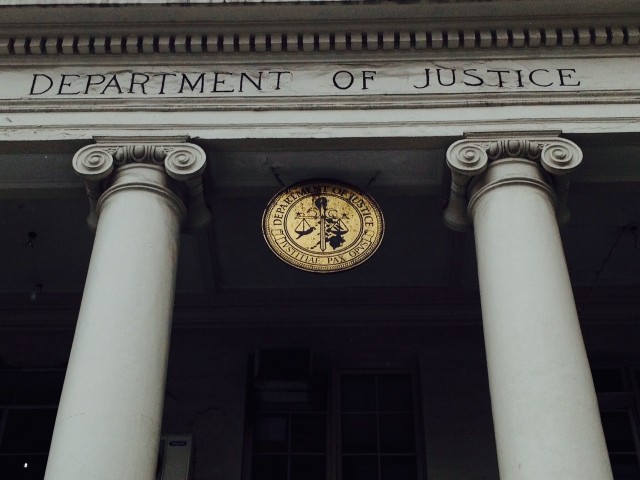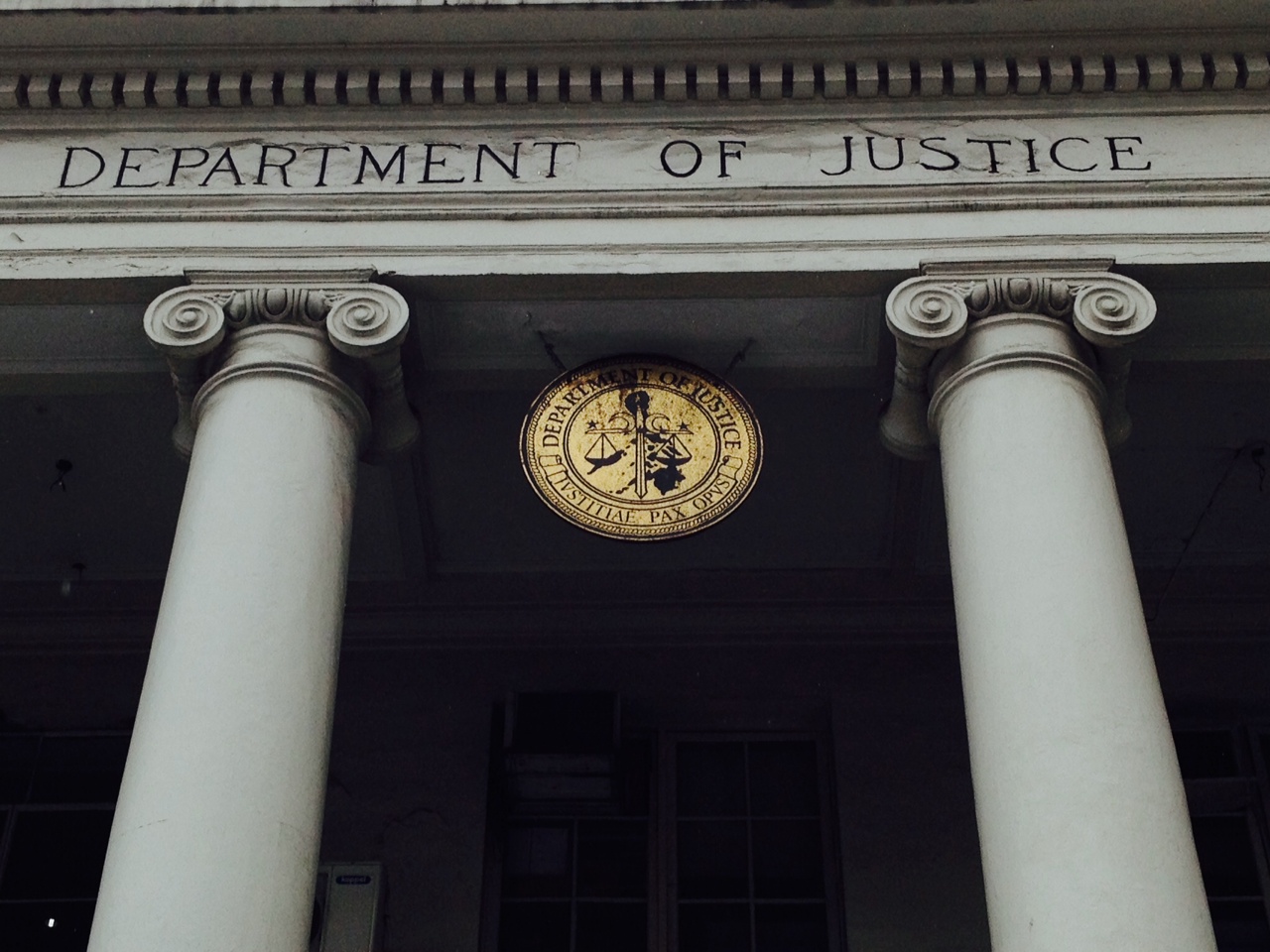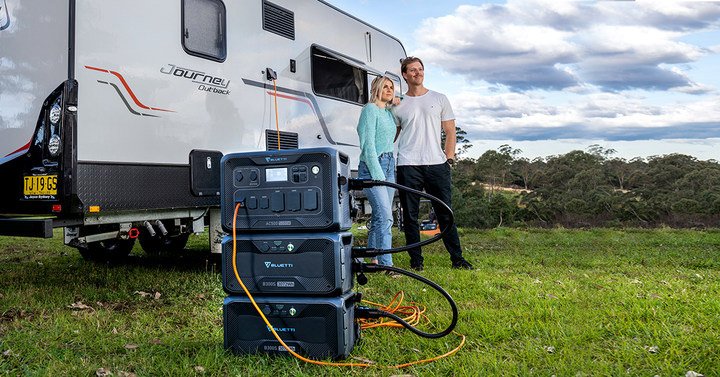Privacy advocates get another big win today thanks to a new rule passed by the United States Department of Justice. The department has installed a new policy called “Enhanced Policy for Cell-Site Simulators” which details the ways in which federal law enforcement can use Stingray technology, which is used for snooping in on calls of the suspects they’re targeting.

One of the biggest clauses of this new policy is that federal agencies now need a warrant to use Stingray, except in cases where there is immediate danger to the health of the nation or individuals. This includes situations where a hack is ongoing, or where a person would be caused bodily harm or death. Sounds fair enough. The clause also forbids the agencies from doing anything other than monitoring the calls — that means your text messages and email are safe in the odd event that a federal body would ever need to monitor your communications.
There are even restrictions in place for how long they can keep the log of your communications. They’re required to delete your data if they use the Stingray to locate the subject’s phone, or at least once a day otherwise. Otherwise, the maximum they can keep the data is 30 days. All these rules will also apply if a federal agency uses the equipment to help local law enforcement.
The DoJ says they will implement appropriate supervision and accountability measures to make sure the policy is enforced and upheld, too. Whether that actually happens remains to be seen, but it’s nice to know that they’re doing more and more to ensure our privacy isn’t being violated for anything other than ensuring our safety. You can check the full document out in this PDF file detailing the policy change right here.
[via DoJ]












Comments